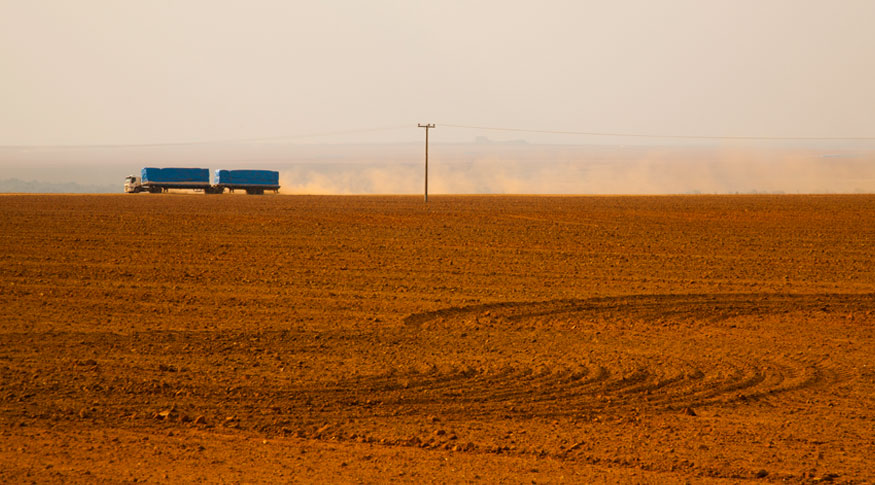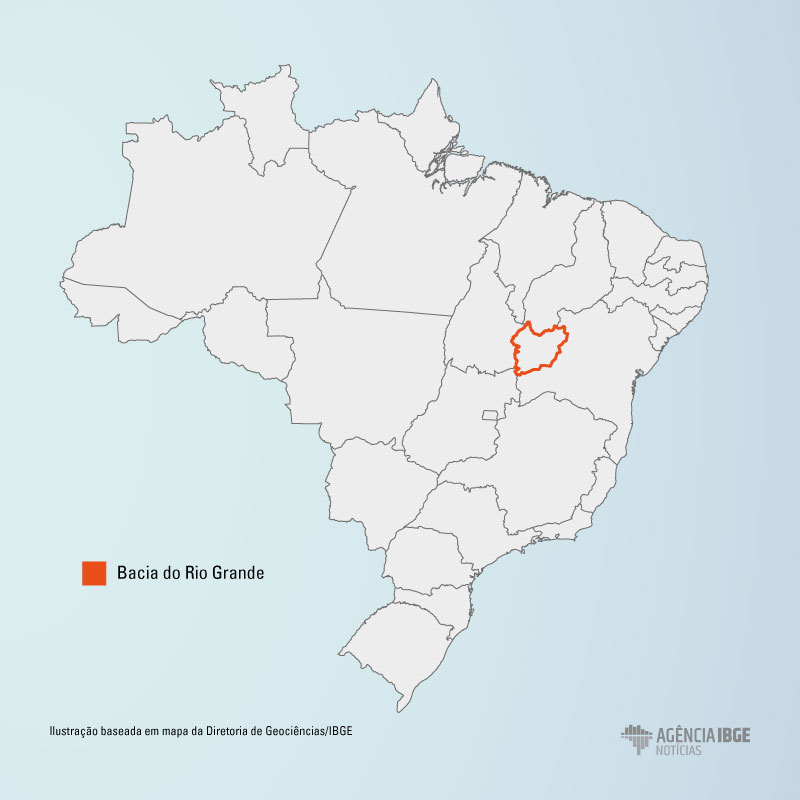PIB Verde
Researchers will go to Matopiba region to test Environmental Accounts model
April 24, 2019 11h00 AM | Last Updated: April 24, 2019 03h56 PM

The project will analyze the use of the soil and the impact caused by agriculture - Photo: Licia Rubinstein/IBGE News Agency
Between Thursday (25) and May 3, researchers from the IBGE and the Federal University of Rio de Janeiro - UFRJ, as well as advisers from the United Nations, will go to the Matopiba region – Maranhão, Tocantins, Piauí and Bahia – to analyze the use of the soil and the impact caused by agriculture in the Grande River basin.
This initiative is part of the Experimental Accounting of Ecosystems project, which studies different methodologies to measure the Environmental Economic Accounts in Brazil, Mexico, India, South Africa and China, funded by the European Union. The results obtained in these countries will contribute to the development of an international computation system of the Green Domestic Product - GGDP, known as Green GDP.
A mathematical model will be tested in the Grande River basin in partnership with the UFRJ´s Laboratory of Pedogeomorphological Modeling and Monitoring. "We will use data of volume of the rivers and rainfall to assess how much soil is being removed there. With the removal of the original vegetation cover and the introduction of soybean, which is a monoculture, we have a new dynamics in the use of soil", explains Ivone Batista, IBGE´s assistant of international projects of Geosciences, who justifies the selection of the basin area as it is possible to isolate water information there.

In this first visit, the researchers will go to the municipalities of Barreiras (BA) and Santa Rita de Cássia (BA) to take a closer look into the dynamics of the land occupation and use in areas previously mapped by the IBGE in the Monitoring of Land Cover and Use. The team will meet the city halls and environment departments to know the planning of local policies to face the impact of the agriculture.
Depending on the results of the test, the method used in Matopiba can be extended to Brazil and other countries as a guideline of the United Nations Statistics Division. Two other visits are scheduled for the Grande River basin, one in October this year and the other from the first semester of 2020 onward. Scheduled for the end of 2020, the result of the project will be published in the Statistical Table Database - Sidra.
In 2017, the IBGE was designated by law as the body in charge of the Environmental Economic Accounts and of the computation of the Green GDP. Today, the accounting of the productive sector is only accomplished by the System of National Accounts, through the GDP. The law requires that the methodology for the computation of the Green GDP is widely discussed with the society and public institutions before the creation of the new accounting system. "All the Environmental Economic Accounts are an step to reach the Green GDP", clarifies Batista.




















